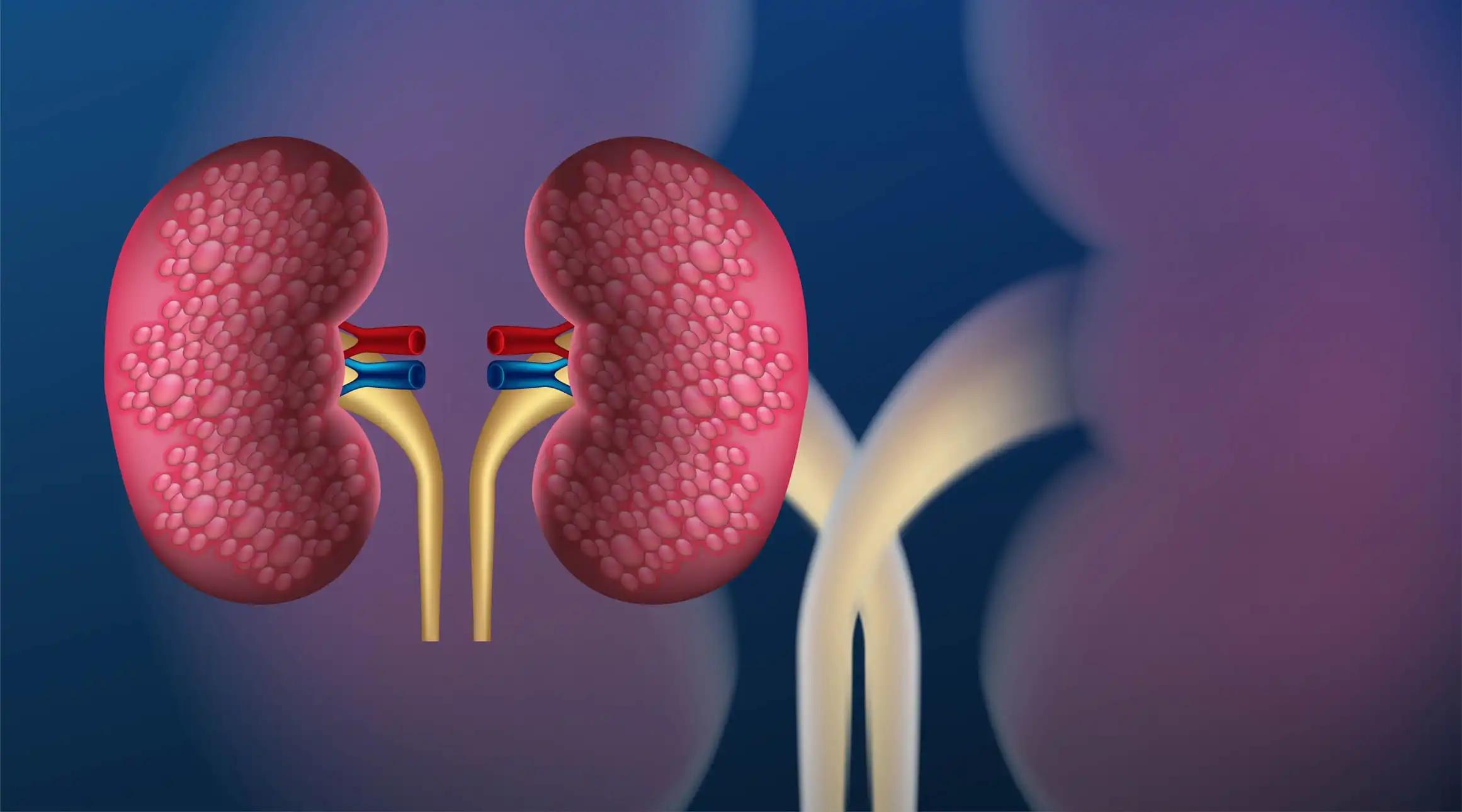KEY TAKEAWAYS
- The HERCULES phase 2 trial aimed to determine the efficacy of immune checkpoint inhibitors (ICI) in various malignancies, particularly in PSCC.
- The results revealed ICI efficacy in advanced PSCC, with manageable safety, HPV16/TMB as predictive biomarkers.
In the past 6 decades, platinum-based chemotherapy has been the established first-line treatment for advanced penile squamous cell carcinoma (PSCC). Advanced PSCC typically presents a poor prognosis with few treatment alternatives.
Fernando Cotait Maluf and the team aimed to assess the efficacy of immune checkpoint inhibitors (ICI) in treating PSCC, considering its historically limited treatment options and poor prognosis.
Researchers evaluated the efficacy of pembrolizumab combined with platinum-based chemotherapy as a first-line treatment for advanced penile squamous cell carcinoma (PSCC). Patients with metastatic or locally advanced disease (recurrent or TanyN3M0 or T4NanyM0) ineligible for curative-intent therapy received a regimen consisting of 5-FU at 1000mg/m²/day IV on Days 1 to 4, cisplatin at 70mg/m² (or carboplatin AUC 5) IV on Day 1, and pembrolizumab at 200mg IV on Day 1 every 3 weeks (Q3W) for 6 cycles. Subsequently, pembrolizumab at 200mg IV was administered Q3W for up to 34 cycles.
The primary endpoint was the confirmed overall response rate (cORR), evaluated by the investigator according to RECIST 1.1 criteria. To achieve a statistical power of 78.5% with a two-sided alpha level of 0.10, 33 patients were required, accounting for a 10% dropout rate, to reject the null hypothesis that the ORR is 20% or less, assuming the true ORR is 40%.
About 37 patients were enrolled, with 33 eligible for efficacy analysis. Their median age was 56 years (range, 30-76). Among them, 64.9% had metastatic disease, 21.6% had recurrent disease, and 13.5% had locally advanced disease.
According to the investigator assessment, cORR was 39.4% (95% CI 22.9-57.9), comprising 1 complete response and 12 partial responses. The cORR by investigator assessment varied based on programmed death-ligand 1 (PD-L1) status (66.7% in CPS 0% vs. 33.3% in CPS≥1%), tumor mutational burden (TMB) status (75% in high vs. 36.4% in low), and human papillomavirus 16 (HPV16) status (55.6% in HPV16 positive vs. 35.0%).
Common genomic alterations detected by next-generation sequencing (NGS) included TP53 (57.1%), CDKN2A (51.4%), and TERT (31.4%). The rate of treatment-related adverse events (AEs) of any grade was 91.9%, with grade 3-4 AEs occurring in 51.4% of cases. About 10 patients experienced grade 5 AEs, none of which were attributed to the study treatment. Immune-related AEs of any grade were observed in 21.6% of patients, with grade 3-4 AEs in 5.4%. Additionally, 10.8% discontinued treatment due to AEs.
The study concluded that HERCULES represents the inaugural trial showcasing the effectiveness of immune checkpoint inhibitors (ICI) in advanced PSCC, characterized by a manageable safety profile. HPV16 and TMB emerged as potential predictive biomarkers for treatment efficacy. The combination of ICI with platinum-based chemotherapy exhibits promise as a therapeutic avenue for advanced PSCC, warranting continued investigation.
The trial was sponsored by the Latin American Cooperative Oncology Group.
Source: https://meetings.asco.org/abstracts-presentations/234520
Clinical Trial: https://clinicaltrials.gov/study/NCT04224740
Maluf FC, Trindade K, Preto DDA, et al. (2024). “A phase II trial of pembrolizumab plus platinum-based chemotherapy as first-line systemic therapy in advanced penile cancer: HERCULES (LACOG 0218) trial.” Presented at ASCO 2024, J Clin Oncol 42, 2024 (suppl 16; abstr 5009), DOI: 10.1200/JCO.2024.42.16_suppl.5009 (5009)



